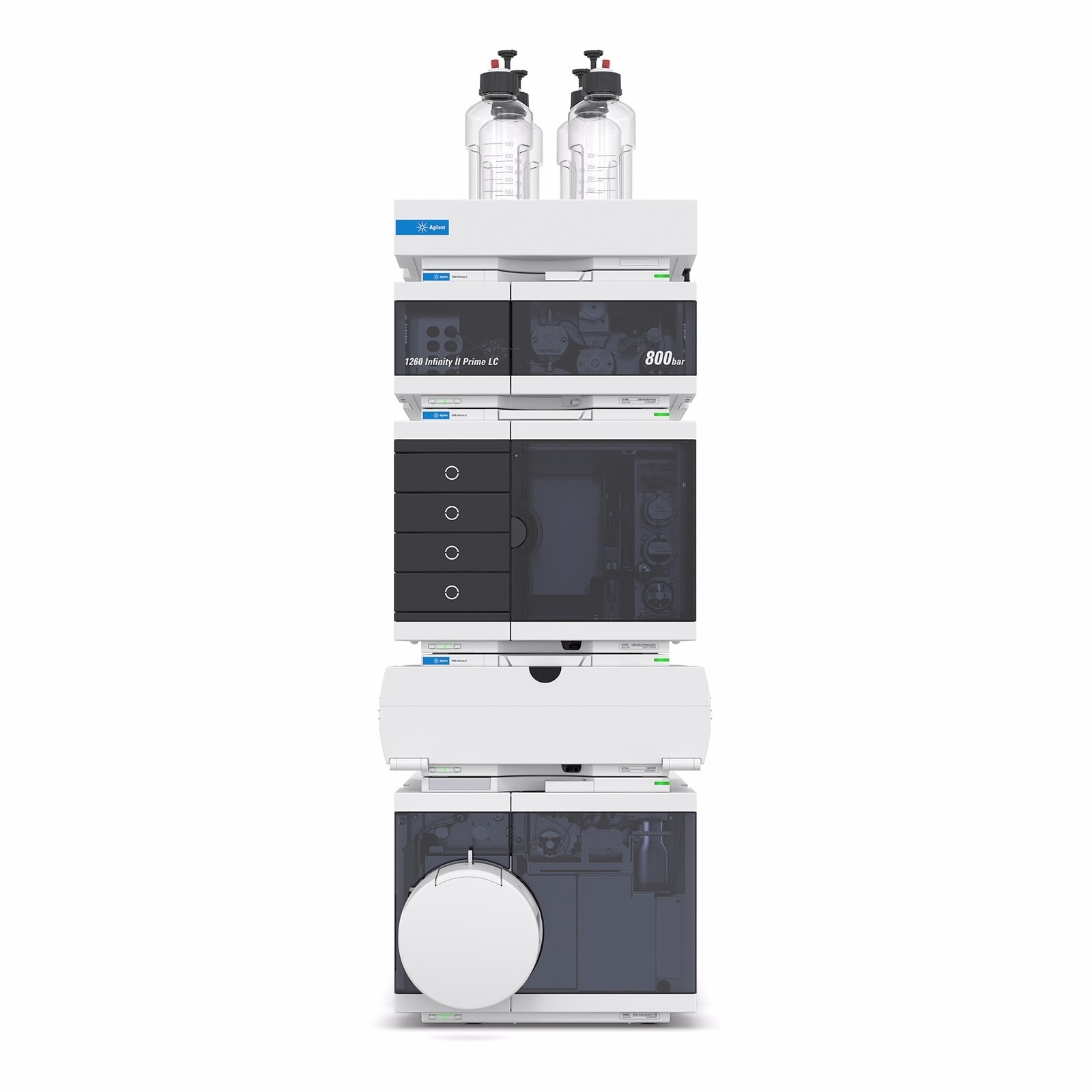Unlocking the Importance of PFAS Testing Across Industries
Per- and polyfluoroalkyl substances (PFAS), once hailed as technological marvels for their versatility, have now emerged as a significant environmental challenge. These anthropogenic chemicals, often referred to as “The Forever Chemicals,” persist in our ecosystems long after their initial use. PFAS are ubiquitous, infiltrating soil, water, and air. Their persistent nature demands rigorous monitoring. By understanding their fate in the environment, we can help to mitigate their impact on ecosystems.
Investigating the full trajectory of PFAS—from production to disposal—allows us to pinpoint sources and assess their effects on the planet. Industries spanning from chemical manufacturing to bio/pharma are recognizing the urgency, recognizing the potential risks. Implementing robust PFAS testing protocols ensures that industries maintain control over their processes. Whether it’s in the production of textiles, electronics, or firefighting foams, understanding PFAS levels helps prevent unintended contamination.
PFAS testing transcends boundaries—it’s not just an environmental concern but a collective responsibility across industries. By unraveling the mysteries of these persistent chemicals, we pave the way for a safer, more sustainable future.
Start-to-Finish Workflows for PFAS Analysis
Featured Article
-
Combating PFAS
'The Forever Chemical' Contamination
Providing scientists with technology to accurately analyze PFAS chemicals is a critical first step for estimating human exposure and potential risk.
PFAS: Water Testing
-
Challenges of a Regulated Landscape
Start-to-Finish Workflows for PFAS Analysis
With research confirming that per- and polyfluoroalkyl substances (PFAS) are persistent, bioaccumulative, and a health concern, calls for more regulatory guidance and stringent requirements have increased.
Agilent Thought Leader Award Winner
-
Professor Jennifer Field Ph.D.
Oregon State UniversityDr. Field, a professor of Environmental and Molecular Toxicology at Oregon State University, conducts pioneering research on PFAS, also known as "forever chemicals". These chemicals pose a significant risk to human health and wildlife because of their resistance to biodegradation.
Agilent PFAS Expert
-
Tarun Anumol Ph.D.
Global Environment Market Manager, Agilent TechnologiesTarun Anumol is the Global Environment Market Manager for Agilent Technologies. Previously, he was an LC-MS applications scientist at Agilent, focused on developing analytical methods for trace contaminants on LC-MS/MS and LC-Q/TOF in environmental and food matrices.







